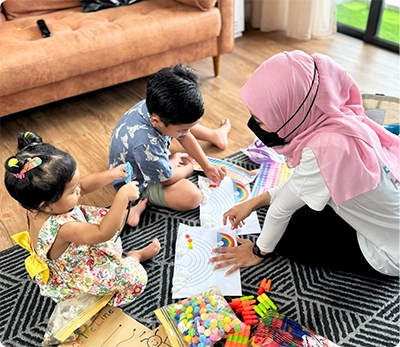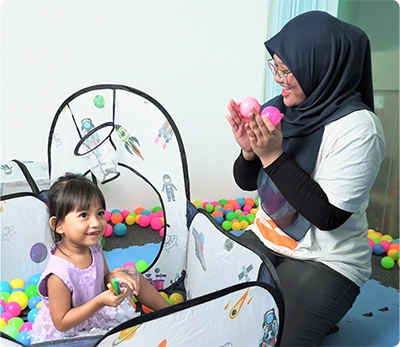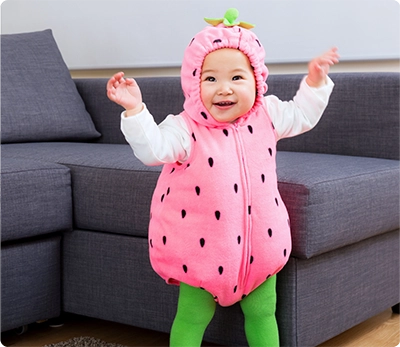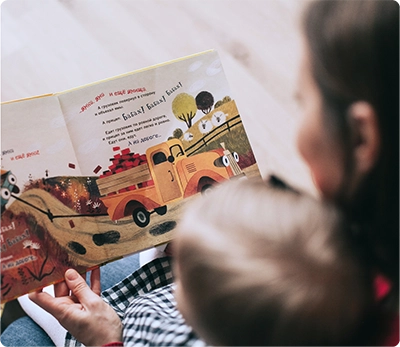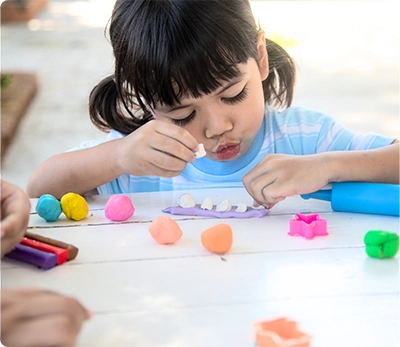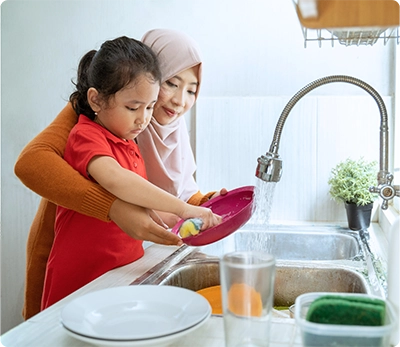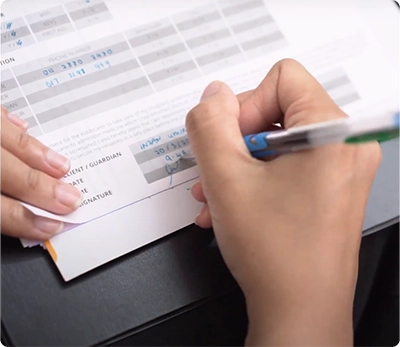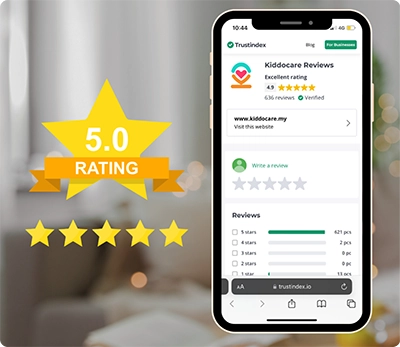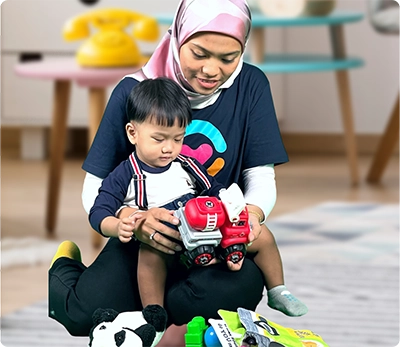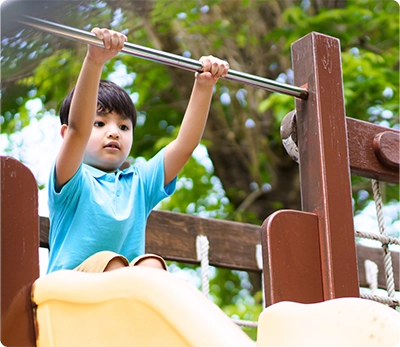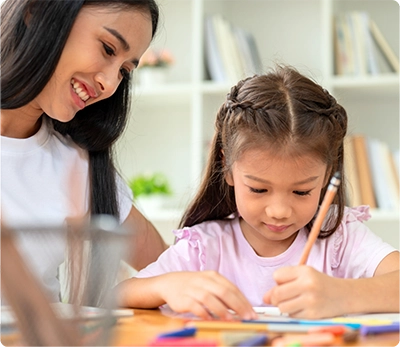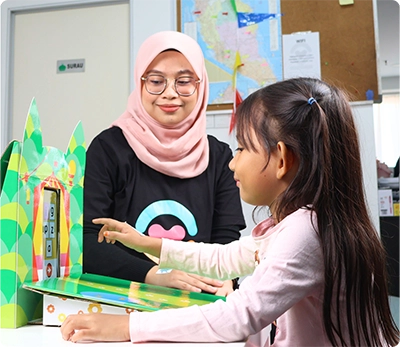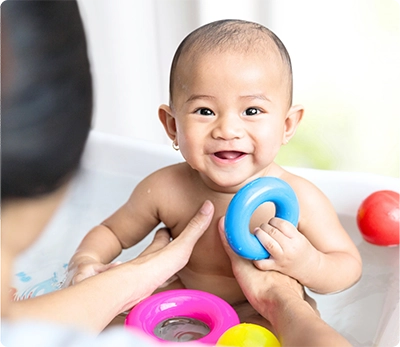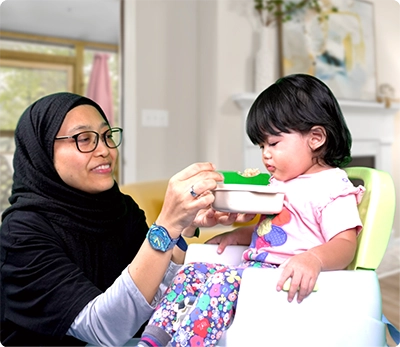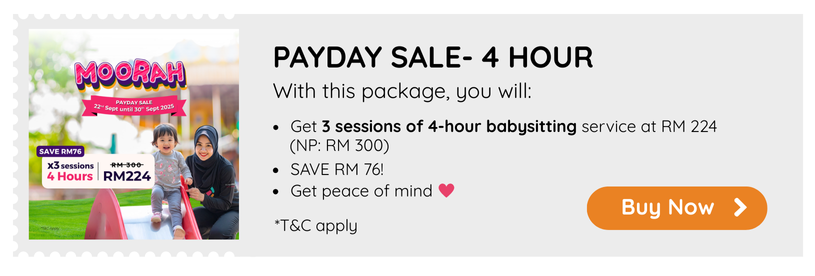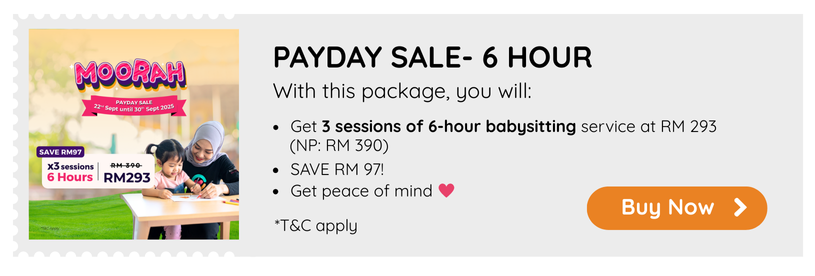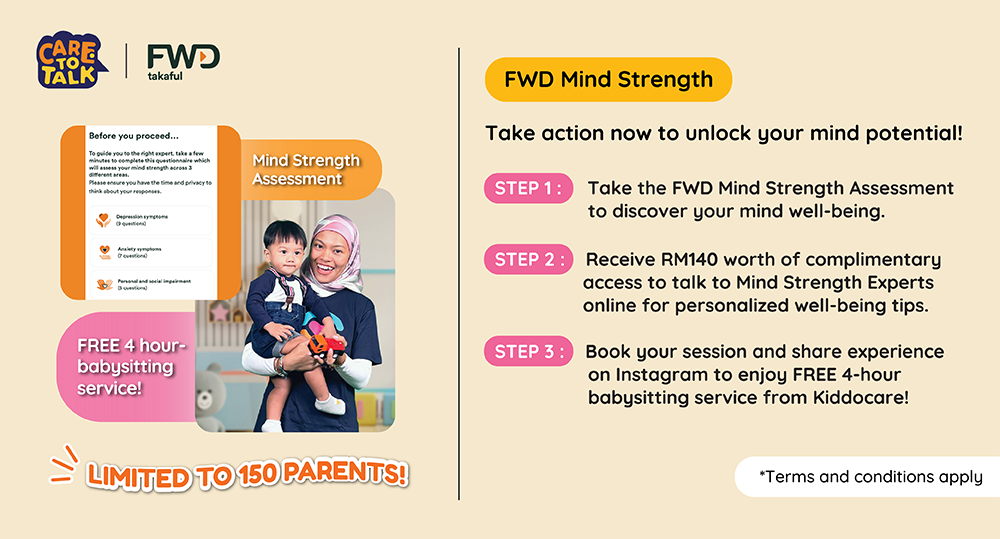STOP THE CYCLE OF BULLYING: HOW TO HELP YOUR CHILD OVERCOME HURTFUL BEHAVIORS
While the focus has often been on the damaging effects of bullying on its victims, we must also consider the possibility of our own children who might be the ones engaging in this harmful behavior. Instead of simply labeling them as bullies, it’s important that we recognize this behavior as a potential cry for help, indicating a key issue that requires our immediate attention and support.
It’s natural to feel upset and disappointed at your child when discovering that they are bullying others. However, by acknowledging and addressing these root causes, we can help our children learn how to handle their emotions and interact with others in a positive and healthy manner, ultimately preventing further harm to both themselves and those around them.
Understanding the Behaviour
The first step in addressing your child’s behavior is to understand what motivates them to bully others. While there is no one-size-fits-all answer, there are several common reasons why children bully, and although it may be tempting to punish your child for their behavior, punishments are not effective in changing bullying behavior. Talk to your child about their behavior, and try to understand what is driving it. Be patient and compassionate, and listen to what your child has to say.
Lack of Empathy
Some children struggle to understand and connect with the feelings of others. As a result, they may bully others without understanding the emotional impact of their actions. Help your child understand the impact of their actions by showing empathy yourself- talk about your own feelings and ask your child how they would feel in similar situations.
Low Self-Esteem
Children who feel insecure or powerless may turn to bullying as a way to show their dominance and feel better about themselves. Work with your child to develop problem-solving skills that can help them resolve conflicts without resorting to bullying.
Social Pressure
Peer pressure can be a powerful force, and some children may bully others to fit in with a certain social group. Make it clear to your child that bullying behavior is not acceptable and set clear consequences for breaking these boundaries.
Emotional Turmoil
Children who are dealing with emotional issues at home, such as a divorce or a death in the family, may take out their frustrations on their friends. Consider seeking the help of a mental health professional if your child’s behavior is getting out of hand or if you are struggling to address it on your own.
Encouraging Positive Change
Changing bullying behavior takes time and effort, but it is possible. Here are some additional strategies you can use to encourage positive change in your child:
Praise Positive Behavior
When your child displays positive behavior, such as empathy or kindness, praise them for it. This can support positive behavior and encourage your child to continue to make progress.
Set Goals
Work with your child to set achievable goals, such as apologizing to someone they have bullied or making amends for their behavior.
Celebrate Progress
When your child makes progress, celebrate it! This can help your child feel proud of their accomplishments and motivated to continue to improve.
Final Thoughts
Discovering that your child is a bully can be a difficult experience, but it’s important to remember that change is possible. By understanding what motivates your child’s behavior and taking a compassionate and proactive approach, you can help your child understand the impact of their actions and work to change them.
At Kiddocare, we are dedicated to providing quality childcare and supporting parents in their parenting journey, which is why we are launching our own parenting training program, trained by industry experts. We believe that every child deserves to grow up in an environment that is nurturing and safe, and we are committed to helping parents create that environment for their children by educating parents. Being a parent is a learning experience, and by investing in your own personal development as a caregiver, you’ll be better equipped to navigate the challenges of parenthood and create a positive, supportive environment for your child’s healthy development.
Written by:
Sabrina Fauzan




